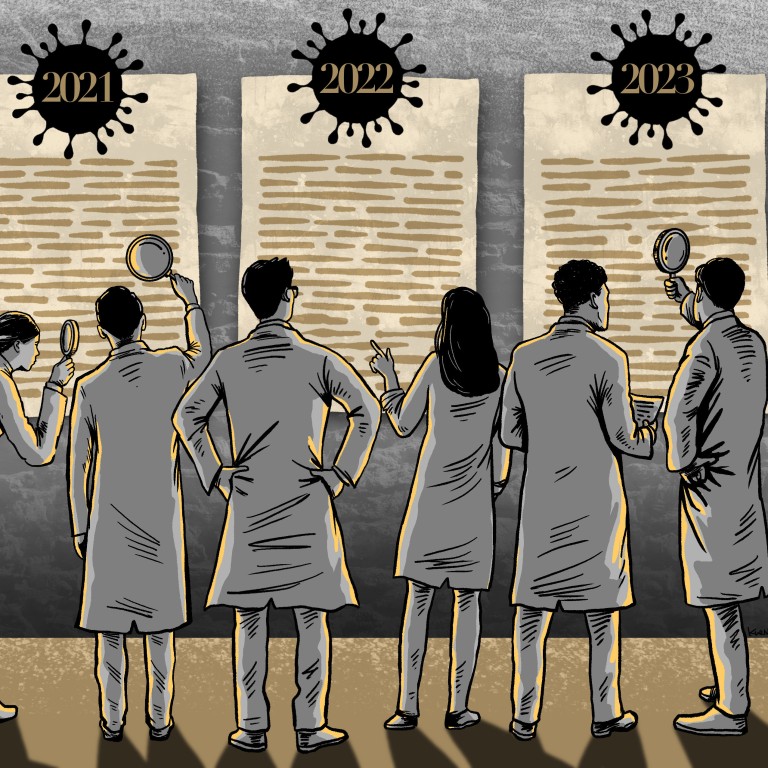
Coronavirus: Hong Kong leader says no to probe of government’s pandemic response, so how will city learn from missteps?
- Those who agree with chief executive say there is little to gain from a costly, drawn-out inquiry
- But some experts say key aspects of pandemic, including city’s high death toll, deserve investigation
Hong Kong took swift action in 2003 after it emerged from the deadly severe acute respiratory syndrome (Sars) outbreak that claimed 299 lives in the city.
It assembled a Sars Expert Committee made up of 11 medical experts from Britain, the United States, Australia, mainland China and Hong Kong to examine why the city had been hit so hard, and if there were lessons to learn.
The city had recorded 1,755 cases in three months, the second highest in the world after the mainland, and those who died included eight respected hospital staff.
‘Lessons learned’: John Lee on Hong Kong Covid policy ahead of full border reopening
The expert panel came up with 46 recommendations that helped Hong Kong stay prepared for another health crisis.
So it seemed only natural, as infection numbers fell in recent months and Hong Kong gradually lifted its stringent pandemic restrictions, that there were calls for a similar independent probe of how the city fared during the health crisis to glean lessons for the future.
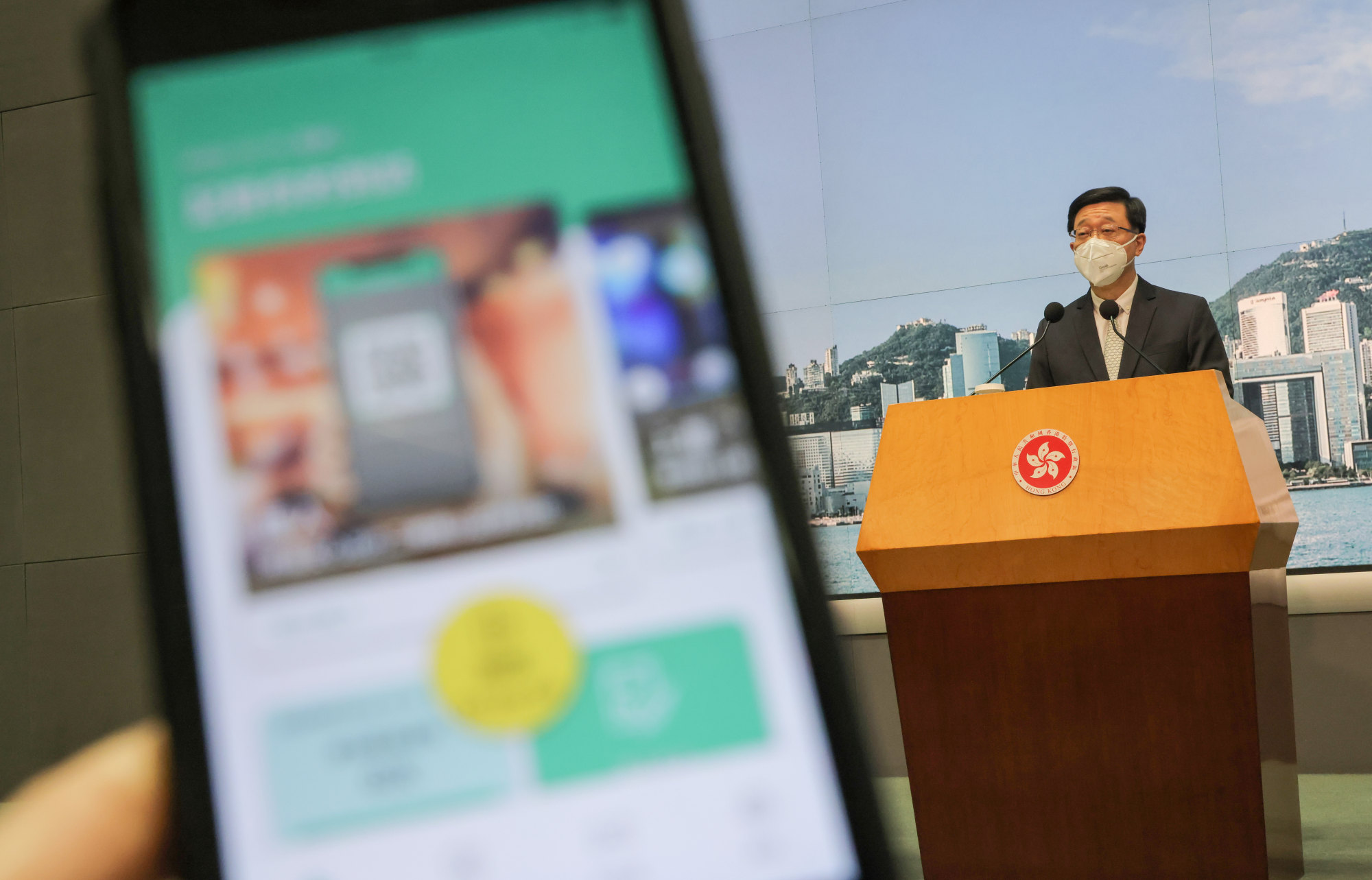
He argued that the government had been fine-tuning its pandemic response constantly. The novelty of the coronavirus meant there was a lack of a well-established standard for comparison, rendering any attempt at a review unhelpful, he added.
Expressing a view echoed by some lawmakers and government pandemic advisers, University of Hong Kong (HKU) public policy scholar John Burns said: “An independent inquiry is absolutely necessary.”
Some form of inquiry was “critically important”, he added, for Hong Kong to learn from mistakes, miscommunication and missed opportunities in its fight with Covid-19.
So far, the United Kingdom, Australia and New Zealand have announced that they would review their governments’ pandemic response.
Hong Kong to end travel curbs at mainland China border on Monday
Hong Kong government insiders and advisers who spoke to the Post warned that any large-scale review would place an immense strain on the civil service and medical system.
Some also feared that it would morph into a witch hunt targeting officials and prove hugely demoralising.
Sources revealed that while Lee had dismissed the idea, it was a conclusion reached after he and Chief Secretary Eric Chan Kwok-ki, the city’s No 2 official responsible for pandemic coordination work, had given the matter serious thought.
The suggestion for some kind of an inquiry was first floated two weeks ago by HKU microbiologist Yuen Kwok-yung, one of the government’s six pandemic advisers.
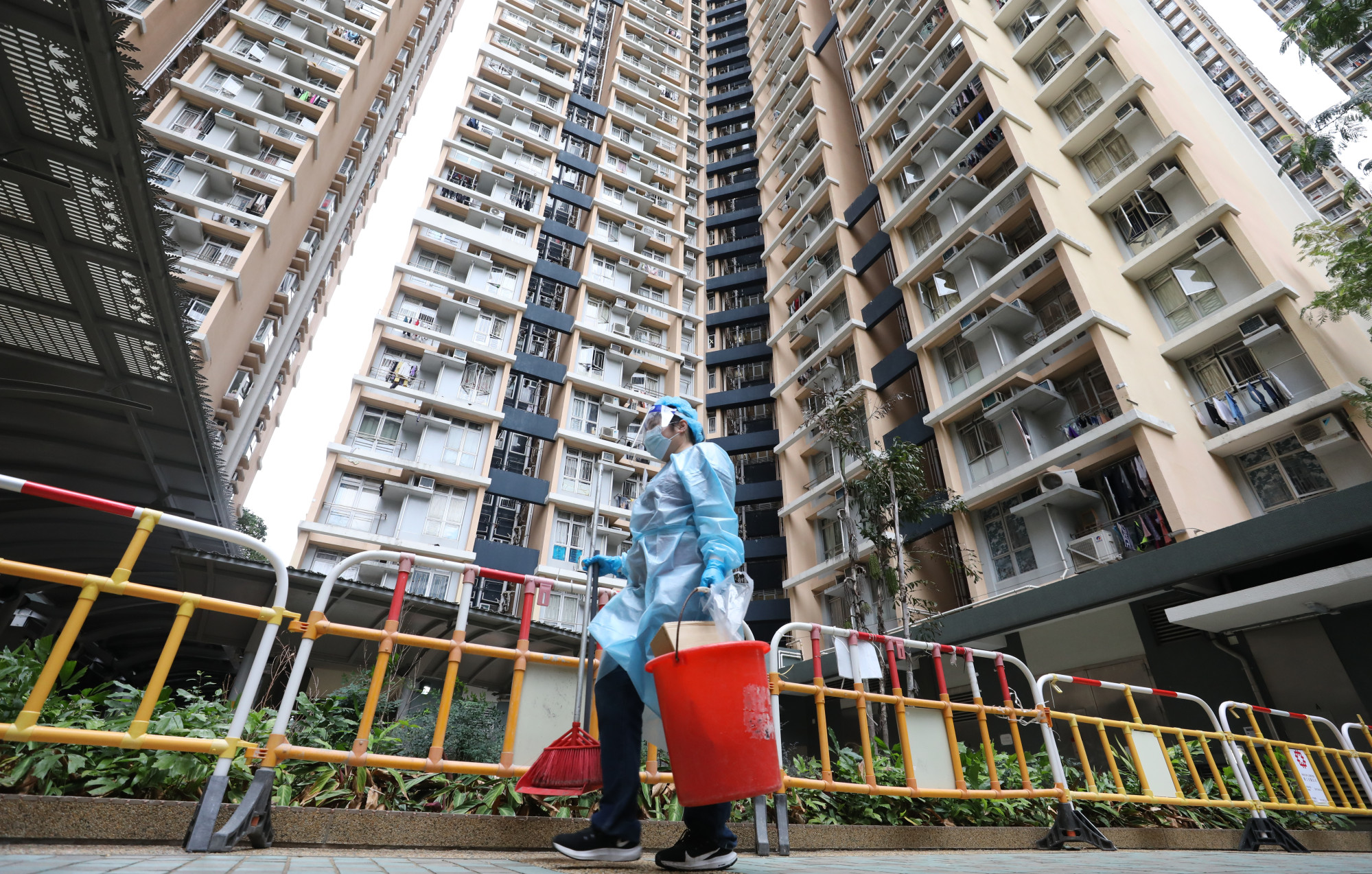
Two government sources said Lee and Chan responded behind the scenes by consulting and gathering views from veteran politicians and advisers.
One source said the administration preferred internal evaluations within departments, rather than an open review and inquiry.
He said the Hospital Authority, which oversaw public hospitals, and various government departments had been reviewing their own work since the fifth and deadliest wave of Covid-19 infections early last year.
Such “continuous reviews” had already resulted in improvements, he added.
The other source highlighted how a major, public review might do more harm than good to the city’s public health system.
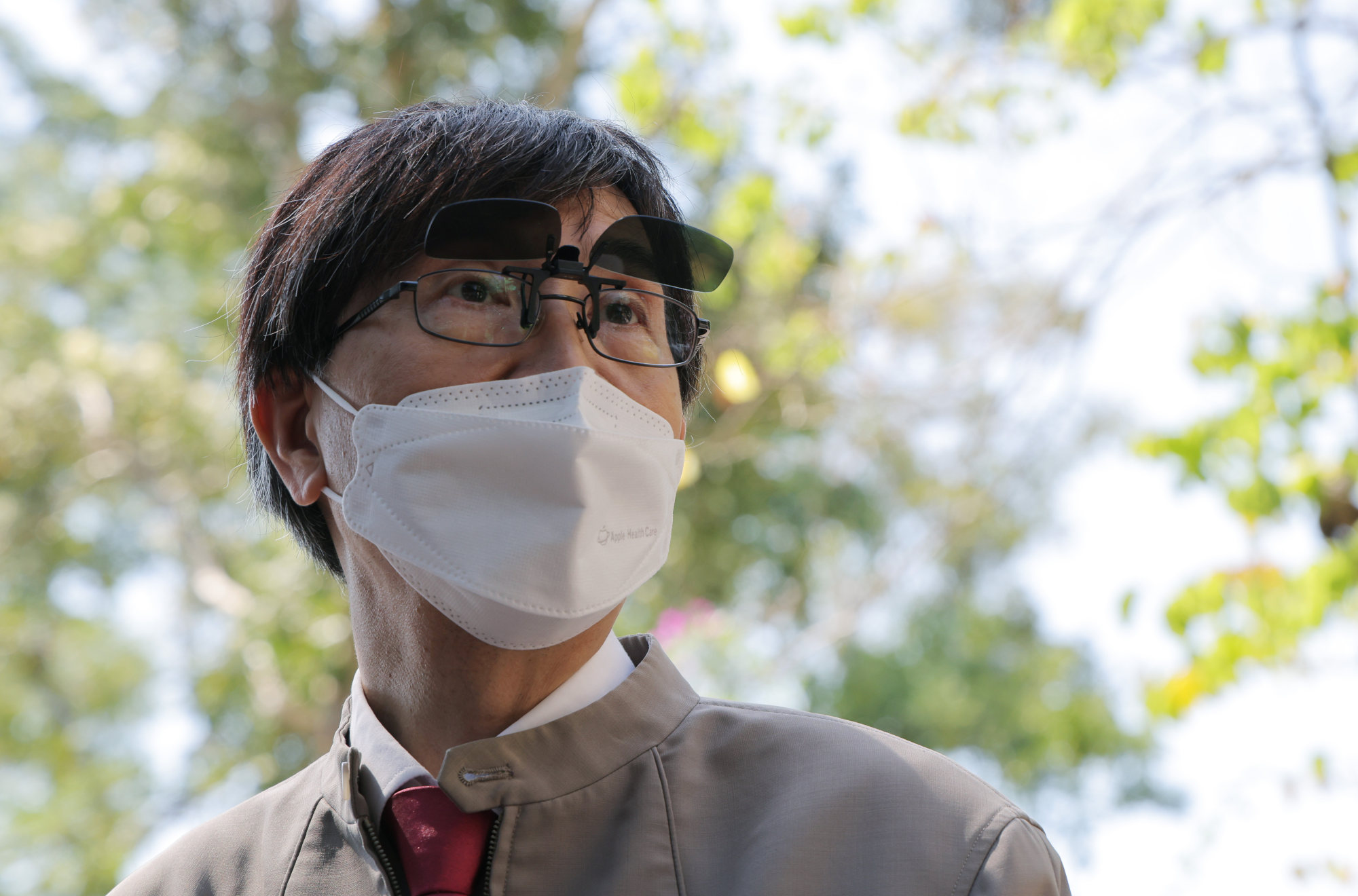
“Imagine if there was an inquiry and a lot of people from the Hospital Authority and government had to be witnesses. It must greatly affect morale,” he said.
“The scope of investigation might also be so wide that it could take years to investigate, as we are talking about a three-year pandemic. The time and cost might not be directly proportional to what could be achieved.”
Such a drawn-out process would put immense pressure on the stretched civil service and public health system, at a time when the government’s priority was to improve people’s lives and the economy as Covid-19 receded.
Since taking office last July, Lee has been eager to move on from Hong Kong’s political tensions related to the social unrest of 2019 and Beijing’s imposition of the national security law and overhaul of the electoral system.
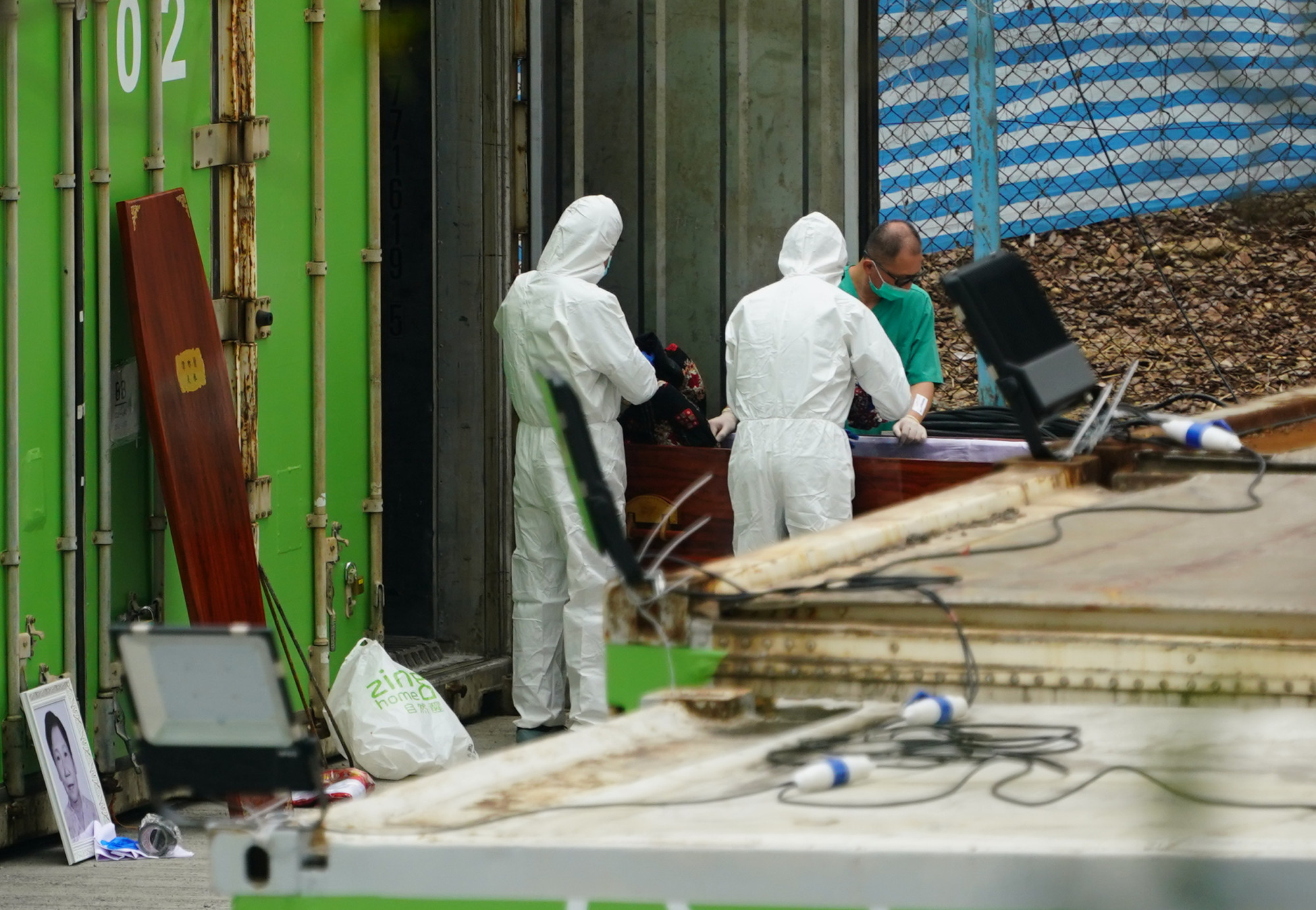
After three years of lockdowns, some of the harshest pandemic restrictions in the world and devastation to the city’s economy, his administration has launched a massive “Hello Hong Kong” campaign to woo investors and bring back visitors.
Holding an inquiry into the pandemic now brought an added risk, the second source noted.
“Things could always be politicised in the end, even though those who suggest holding a probe might have good intentions,” he said.
Range of choices for a probe
In carrying out a review of how the pandemic played out in Hong Kong, the government has a range of options, from closed-door internal assessments to a full-fledged public inquiry.
Lawyer Calvin Cheuk Yuen-cheong said a commission of inquiry, established under the Commissions of Inquiry Ordinance and usually chaired by a judge, had the widest investigative powers to summon witnesses and hold people accountable.
“The power it holds is essentially equivalent to that of a court,” said Cheuk, who took part in the most recent commission formed in 2019 to look into structural defects at the MTR’s Hung Hom station during construction of the Sha Tin-Central link project.
Hong Kong leader dismisses calls for independent review of pandemic handling
Earlier commissions of inquiry were held to look into a deadly blaze in Jordan in 1996, a fatal ship collision off Lamma Island in 2012 and suspected excessive quantities of lead in water supplied to public housing estates in 2015.
Cheuk said: “While it is an effective tool to get to the truth of a matter, it can be costly, lengthy and politically sensitive.”
There were alternatives, he added. The legislature could initiate an inquiry under the Legislative Council (Power and Privileges) Ordinance and the government had administrative powers to form an independent review committee.
The Legco-led inquiry also had the power to call witnesses, but could be viewed as even more politically driven because of its association with the legislature.
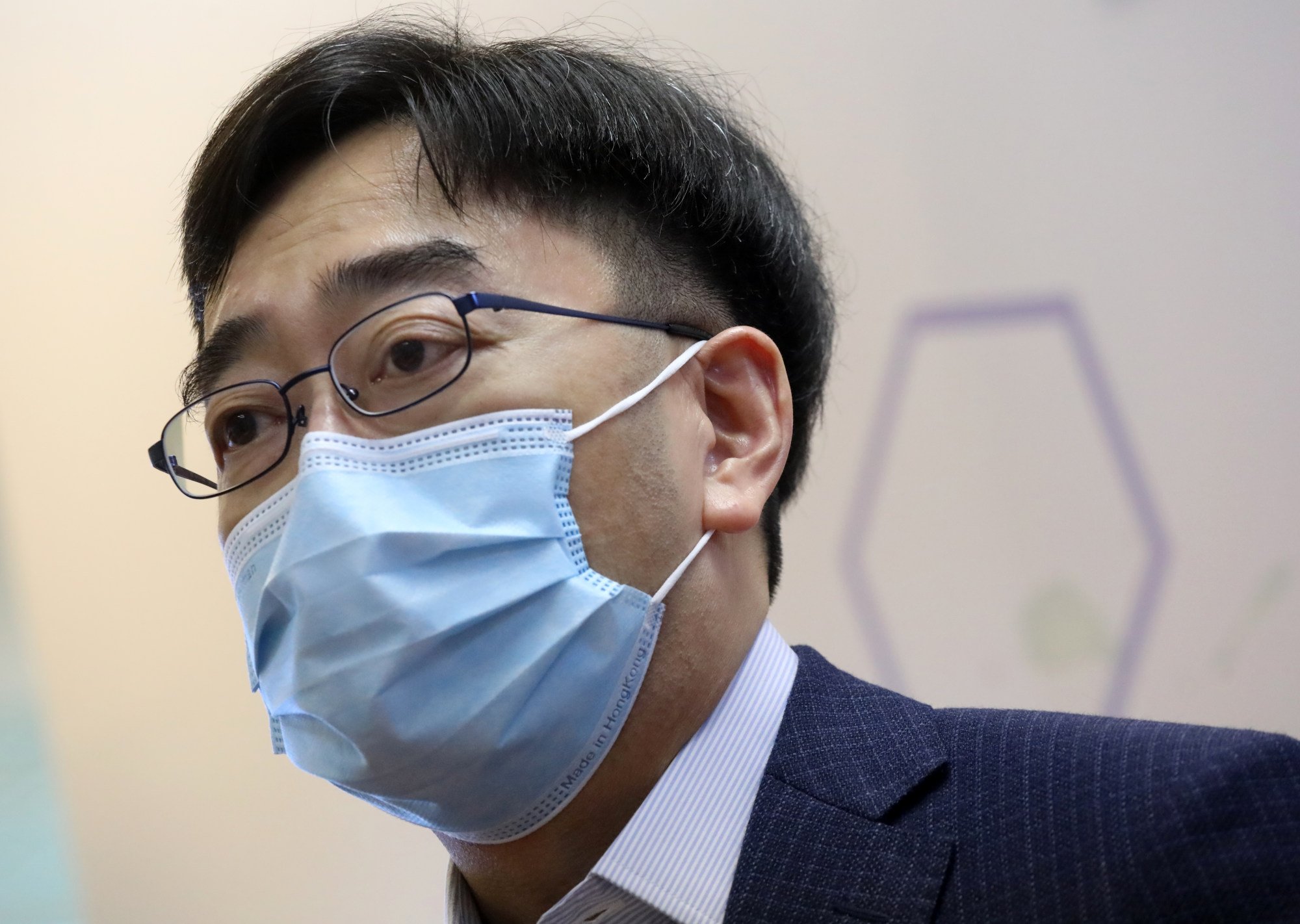
Cheuk said the independent review committee option might be more palatable to those being scrutinised, but it had no legal power to summon relevant parties to testify.
“It is up to the government, if it decides to hold a review, to choose which kind is the most conducive to finding the truth,” he added.
In 2003, the government went with the least formal option, by assembling the international Sars expert committee.
The panel’s recommendations included suggestions to step up the preparedness of the local healthcare system in the face of another health crisis, make public communications of pandemic messages more effective, and work closer with mainland and international healthcare experts.
Hong Kong Covid-19 task force swamped as woman, 62, died alone at home, inquest told
It also recommended setting up the Centre for Health Protection, which played a major role in coordinating contact-tracing, quarantine arrangements and disseminating of pandemic information during the Covid-19 crisis.
Experts disagree over merits of inquiry
Former health minister Dr Ko Wing-man, now a member of the Executive Council, a top government advisory body, made clear he was firmly against any independent inquiry or review focused on nitpicking or what authorities did wrong.
He felt having such an inquiry could make for a slippery slope giving opposition forces opportunities to create trouble.
He was the Hospital Authority’s acting chief executive during Sars and recalled that apart from the expert panel that was set up, the body conducted its own review and lawmakers held their own inquiry too.
‘Lift Hong Kong Covid mask mandate for outdoors after winter flu surge’
The whole process took more than 15 months to achieve little more than a barrage of criticism from some political parties, he said, even though the Sars outbreak lasted only three months.
Convinced that holding a Covid-19 probe would not benefit Hong Kong, he said: “The coronavirus pandemic is so much more complicated, involved the whole city, went through so many waves, and even the World Health Organization has not yet announced an end to this public health emergency. How long would a probe take?”
But HKU’s Burns was adamant about the advantages of an inquiry, and said that without it, the government would miss out on learning lessons on specific issues.
“Remember we have apparently already spent at least HK$600 billion [US$78.5 billion] on fighting Covid,” he said. “Did we get value for money? How could we have done a better job? How can we be better prepared for the next pandemic?”
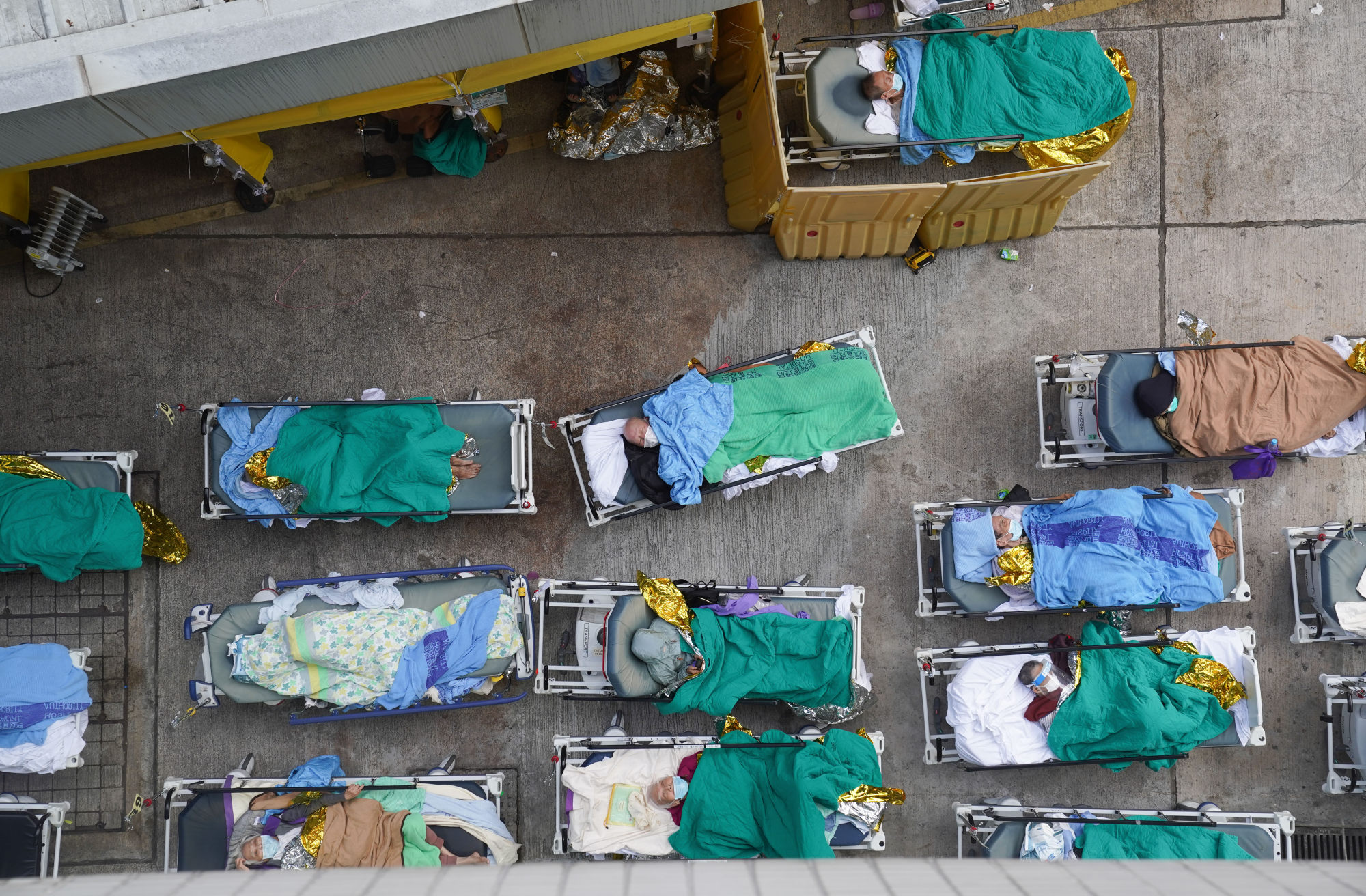
It would be a large undertaking, but a necessary one, to call witnesses and carry out a proper probe.
He thought the chief executive’s resistance was a missed opportunity, and could prompt people to question the soundness of the city’s accountability system.
HKU microbiologist Yuen, the pandemic adviser who raised the idea of an inquiry, told the Post earlier that there was a need to look at the relatively higher Covid-19 mortality rate in Hong Kong.
“I am not referring to a legally binding investigation committee which can punish people, but an objective independent review committee, so that we can improve our system and reduce the number of deaths when another similar pandemic comes,” he said.
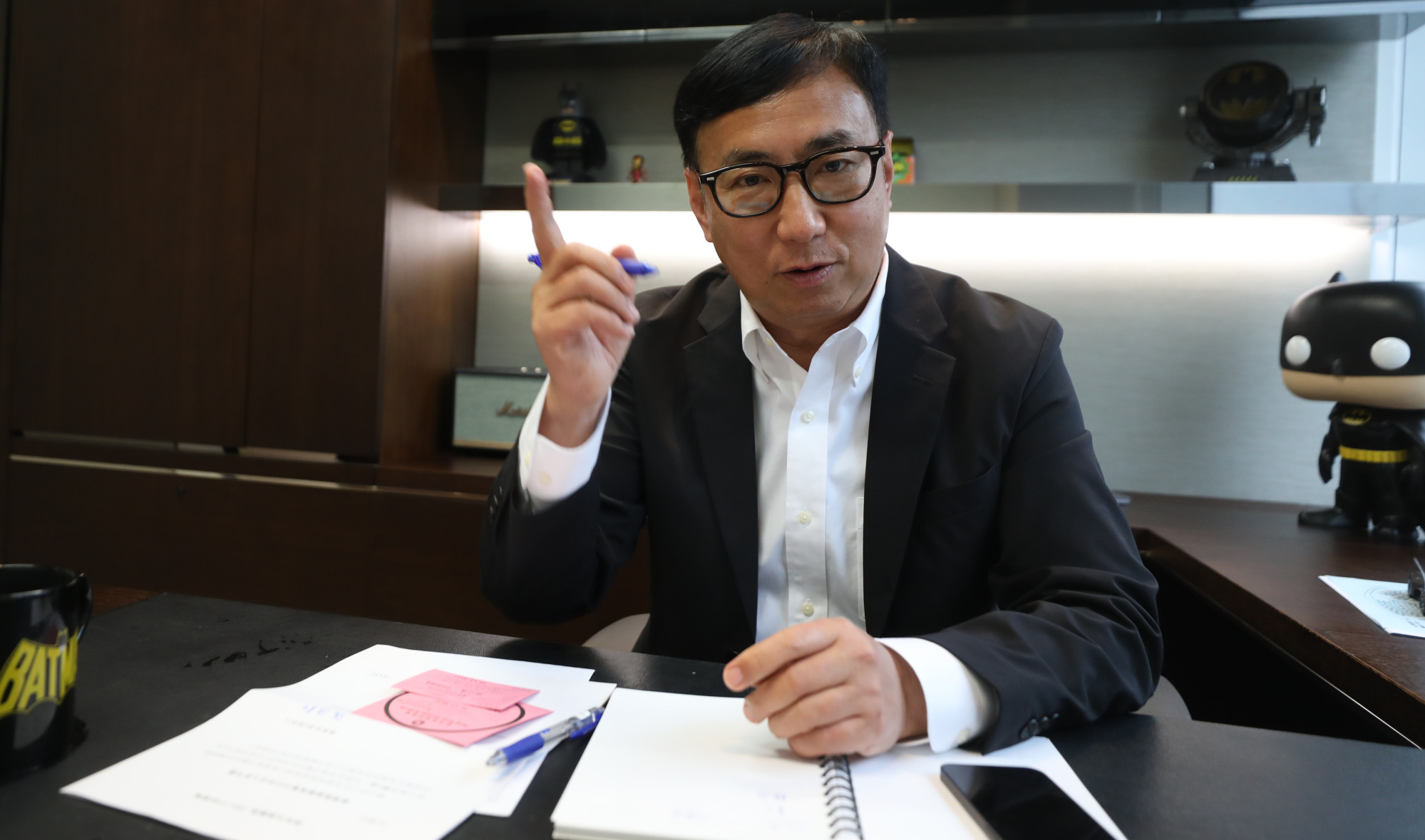
Hong Kong recorded 13,000 deaths in just the fifth wave of infections last year, whereas Singapore’s total death toll from the pandemic stood at about 1,700.
Yuen also pointed to problems in areas such as virus tracking, isolation and testing in the early stages of the pandemic that were worth looking into.
His views were supported by another government pandemic expert, Professor Ivan Hung Fan-ngai.
Lawmaker Tik Chi-yuen, the only non-establishment Legco member, said there was a need to investigate the mass outbreaks in the city’s homes for the elderly. At one point, 589 care homes – three in four of all such facilities – were affected.
Covid patients head off as Hong Kong ends mandatory isolation but drivers worry
“The arrangements for homes for the elderly were far from ideal,” he said.
Tik backed the proposal for a commission of inquiry, saying Hong Kong needed to learn from its experience of Covid-19, while the government owed the public an explanation and had to be held accountable.
He vowed to push for a probe at Legco, and was confident of garnering the support of other lawmakers because “it is for the greater good of society”.
Lawmaker Doreen Kong Yuk-foon, who has been critical of the government’s pandemic policies, said she thought Legco might be too occupied with other work to carry out a full inquiry.
But she demanded a full review by the government, featuring professionals from various fields, including lawyers, economists, medical experts and those in the welfare sector.
“The more important thing is who will be invited to take part and [the government] certainly shouldn’t be investigating itself,” she said.
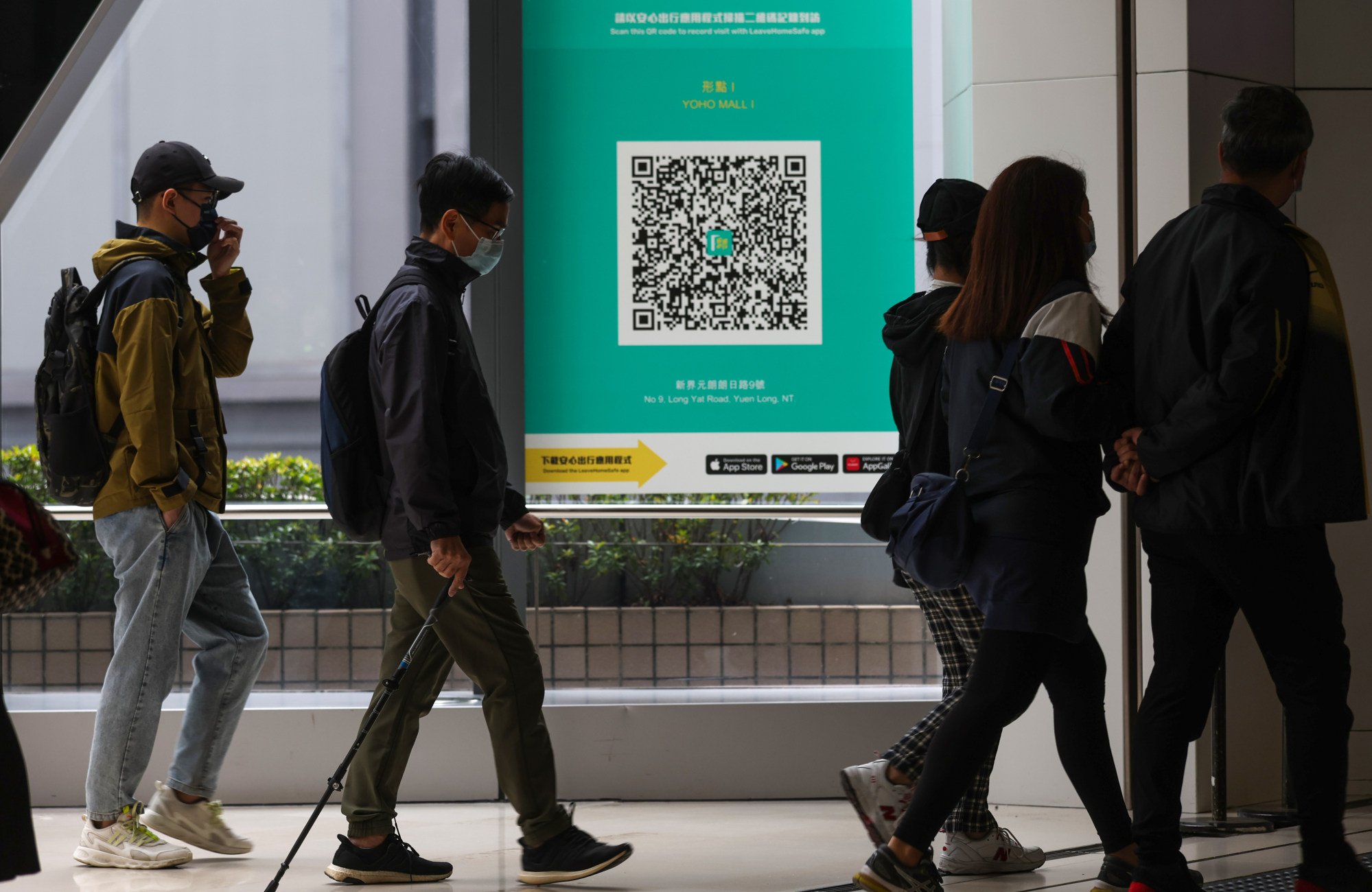
HKU legal scholar Calvin Ho, who specialises in medical law, said the government’s reservations about holding a full and open probe were understandable, even though he believed it was the most suitable form of inquiry.
While a commission of inquiry offered the widest scope for a comprehensive review, the law allowed the city leader to order such a probe to look into “the conduct or management of any public body, the conduct of any public officer or into any matter whatsoever which is, in his opinion, of public importance”.
“That seems to suggest a degree of fault finding. That may explain a bit of the reservation,” Ho said.
Hong Kong eateries, cinemas adopt mixed approaches to handling patrons with Covid
Besides, he added, it could be the wrong time for an inquiry as Covid-19 was not yet over.
Noting that the World Health Organization’s current position was to maintain the highest alert for Covid-19 despite most countries dropping their pandemic measures, he said: “We are not out of the woods yet.”
In the absence of a formal inquiry, he felt that Hong Kong’s universities could play their part by conducting research on various aspects of the pandemic, including its impact on some of the worst off in society.
“It can be a more neutral way forward,” he said.
Additional reporting by Elizabeth Cheung


